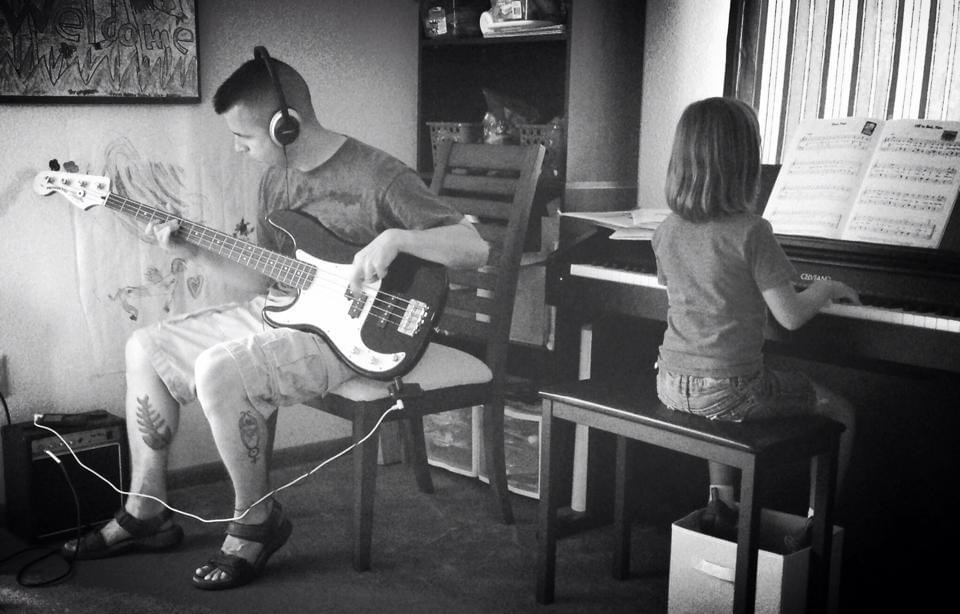Many teachers do not imagine they will change the world. It is their love of educating others that encourage change outside of the classroom. For over six years I have spoken to various rape crisis centers and sexual assault groups, military and civilian, about male-on-male rape based on past experiences. After every talk, there are always a few listeners that tell me my story inspires other men to stop hiding in shame and finally seek help for past abuses. As proud as I am to have others compliment me, I never intended for others to follow me; it is a happy byproduct of my discussions. Part of my speech includes “if I can give one person a sliver of hope and, in turn, courage, then I have done my job to help set them on the path from victim to survivor.” Words give hope. This statement is true for teachers, even though they may teach students skills to prepare them for the workforce or higher education, their words may be a preliminary spark that pushes a student to do so much more with the world around them. They can stir emotions and create optimism for those who interpret a bleak life. Teachers do not step into the classroom intending to make social changes, but their kindness and dedication to teaching a new generation of students spread throughout the world like ripples in a pond. They are the pebble that can create a revolution.
While education’s initial purpose is personal development preparing students to be proactive members of the society, teachers possess the power to instigate social change, usually unwittingly, through dedication, commitment, and inspiration. Teachers are always on a stage. They never know when a student may carry forward what they learned to make a needed change in a society that may be unjust, to give hope.



